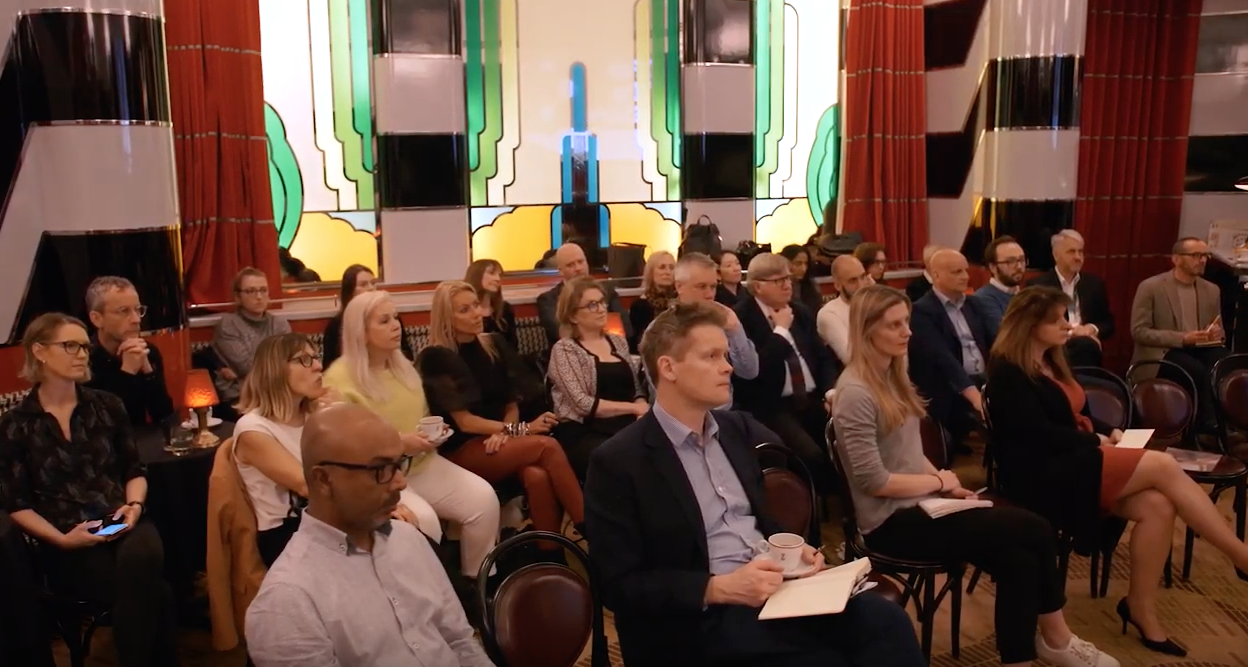New industry kitemark has attracted a number of key players from across the industry committed to raising standards and clarity around tipping
Last week saw the formal launch of a new kitemark for the hospitality industry designed to promote best practice for tipping and service charges in a bid to reduce consumer confusion and raise standards. Known as FairTipShare, the new industry body is being led by EP Business in Hospitality, in partnership with WMT Troncmaster Services and has an impressive line-up of industry board members, all of whom were present at the official launch hosted at The Crazy Coqs in Piccadilly, London, which was also attended by many leading hospitality firms.
The industry-recognised accreditation scheme and associated kitemark, will not only drive greater clarity around tipping and ‘vague’ service charges, but will also tackle the scepticism and confusion around what happens to the non-cash tips and services charges that are added onto many restaurant and foodservice bills.
Chris Sheppardson, CEO at EP Business in Hospitality who is leading the industry body with WMT explained: “The lack of transparency around tipping and service charges, is really quite astounding. When you think that 70% of consumers don’t understand where that portion of their money goes, you start to realise that there is a much deeper issue of trust at stake.”
To date there has been no real clarity on who should receive a share of the tips and service charges paid by customers, leaving it wide open to interpretation and exploitation.
Zuleika Fennell, Managing Director at Corbin & King who also sits on the FairTipShare board commented, “There has been a lot of confusion around Tronc and tipping generally. It’s caused anxiety for consumers who don’t understand where their money goes and when this process is managed poorly, it tends to lead to distrust amongst staff members. So having a code of practice eliminates those issues.”
Independent research conducted by EP (carried out back in January 2019*) revealed a high level of customer scepticism and confusion around what happens to the non-cash tips and services charges that are added onto many restaurant and foodservice bills.
Peter Davies, Managing Director of WMT Troncmaster Services, who is also leading the body with EP added, “The problem with tipping is very few people actually talk about it. For consumers, this has led to an information vacuum, so the FairTipShare kitemark is designed as a simple, clear and easy way for businesses to give consumers greater confidence in paying service charges.”
Highlighting the importance of recognising the individual, David McHattie, Founder of Inn Ideas also spoke about why people tip, “In a transparent world, it’s important that the consumer understands the tip that they wish to leave is going where they intend for it to go. They aren’t tipping the corporate firm, they are tipping to show appreciation to the individual who has given them a great experience.”
It was also noted that even in these unsettling times of global crisis, it is very important to create a sense of trust and clarity with both consumers and employees. Trust is seen as one of the primary needs across all business sectors.
John Guthrie, Employment Policy Adviser at UKHospitality who was also present at the event, agreed, “This is an important day because the reputation of the hospitality industry matters. If you look at this in the broader sense, as a sector, we’re going to face quite a lot of challenges in recruiting the people that we need in the coming years.”
The industry board members for FairTipShare include:
- David Cheeseman, MD Chef Express UK and Momentum
- Zuleika Fennell, MD, Corbin & King
- Tim Healy, Co-owner, Jo Allens
- Mark Selby, MD, Wahaca
- Jon Dawson, Head of People, Mandarin Oriental
- Marianna Alfa, MD at Blossom Hospitality
- James Robson, Founder, Mews of Mayfair
- Gioele Camarlinghi, European Hotel Managers Association
- Mike Saul, Head of Hospitality, Barclays
- Kevin Watson, MD, Amadeus
- Peter Davies, MD, WMT Troncmaster Services
- David McHattie, Inn Ideas
- Chris Sheppardson, CEO at EP
EP’s research found that the most common form of gratuity is cash tips (25%) followed by card payments (21%), discretionary service charges on some bills (19%) and a discretionary service charge on all bills (16%). In respect of the hospitality industry, separate research carried out by EP revealed that 33% of firms share more than 90% of tips and service charges with their staff while only 31% share 100% of the gratuities.

